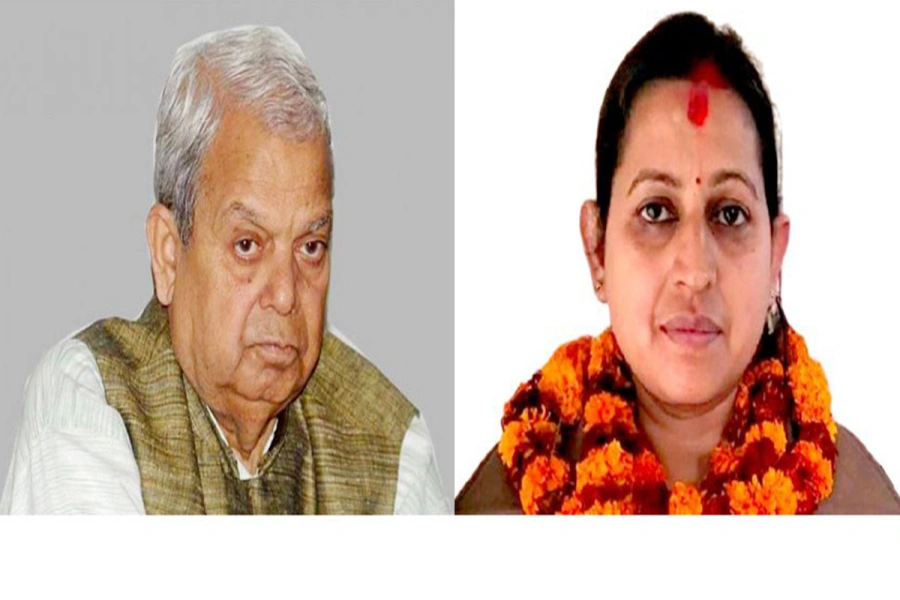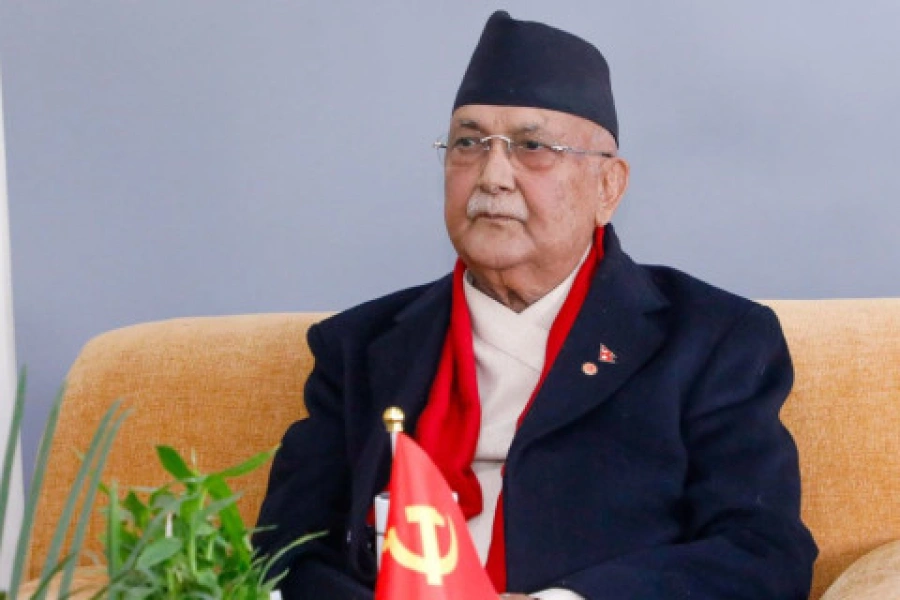Four years down the line, on July 5, 2015 Republica published a story of the 'identity crisis' of a young boy, Durga Raj, of Khotang district who could not procure documents related to his father, Bidyapati Bhattarai. According to the news story, Bhattarai died soon after his marriage and establishing a link with him became a daunting task for the mother and the son as Bhattarai's relatives were reluctant to support. Durga Raj was without a surname for 17 years until the local administration finally accepted the deceased Bidyapati Bhattarai as his father and granted Durga Raj an official surname as well as citizenship certificate. Bhattarai's wife, Fulmaya, was also deprived of citizenship as she had lost her husband before claiming citizenship.Fulmaya went through many hassles and somehow acquired citizenship through her father two years ago. But her citizenship was not 'powerful' enough to give complete name or identity to the child she gave birth to and raised single-handedly. Now, Fulmaya Nepali and Durga Raj Bhattarai are grateful for all those who helped them gain Nepali citizenship.
Nepal has seen many revolutions in the last decade and a half. Institutionalization of changes would have resulted in the transformation of Nepal into one of the most progressive nations in the world. Regarding gender equality, the major political parties have repeatedly emphasized their commitment.
Perhaps they suffer from dementia, which is why they don't remember any of their promises. Now, in the name of 'national security' they seem bent on limiting woman's right to confer citizenship on her children. The new draft constitution draft says men can make their foreigner spouse a Nepali citizen instantly; but women have to wait for one and half decade to make their husbands Nepali citizens. Nepali spouses of women are considered serious threat for the country, but foreigner wives of Nepali men have been warmly embraced.
The message is clear: Men own this country. Women had no breathing room in Nepal in the past and she will have no breathing room in Nepal in the future. We have a long history of men dominating women at the domestic level. Guided by Hindu philosophy and patriarchal system, men have always kept themselves at the center and treated women as just their subordinates. And the new draft is a well thought out conspiracy to continue with the same lopsided arrangement.
As men always wanted to keep women under their control, women's freedom seems to be a somewhat difficult issue to understand for them. But where there is lack of mutual respect and understanding between the two sexes or where men are brought up to control or overpower women, there is bound to be trouble.
Something does not become right because we have been practicing it for ages. We need to judge things through our own eyes. Is it hard to see women, who make up half the population of the country, are equal to men and deserve an equal amount of freedom? Why should they accept lesser liberties, rights and political space? If the state is not willing to count them as equal citizens, should girls and women call Nepal their country?
The problem is not just the suffering of children of single mothers or those married to foreigners. The real problem is the psychological impact on women (as well as men) when the law clearly tells females that they are secondary citizens. So the hue and cry over the issue cannot be dismissed out of hand.
Women's liberty and empowerment, arguably, are even more important compared to men as they are greater contributors to family's prosperity and happiness, which ultimately determines the country's overall progress. Happy and capable women keep their families happy, while the sad women transfer negative vibes to the rest of family.
So, if a nation cares only about male power and ignores women, it will continue to pay a heavy price for this systematic disenchantment and disenfranchisement of women. A society is measured not just by its big roads, bridges, buildings, hospitals or GDP. What counts for more is whether its people are happy and free.
Women are mothers, the primary life force, and should be treated accordingly. So the focus should be on changing the biased mindset of men. Women's empowerment, I would argue, is a one-point solution to many problems that Nepal now faces.
If the male leadership is a sensing threat to 'national security' just because women are asking for equal rights, it can still try and figure out a middle-way solution through dialogue with women lawmakers and rights activists. Making decisions behind closed doors and trying to impose these decisions on half the population is not the way to go about it. Women had earlier proposed naturalized citizenship or identity card for foreign spouses of Nepali nationals and citizenship through descent for the child. Similarly, in cases like Durga Raj's, mother's identity should be enough to protect the dignity and identity of the child. In view of the changing social context, where the number of single parents is on the rise, citizenship to children through either mother or father is mandatory.
So, the constitution draft is in need of serious amendments regarding the rights and space of women in the country. If the same patriarchal beliefs and values were to be repeated in the new constitution, why did we need to oust the monarchy and clamor for federalism and inclusiveness? So let's not tell our daughters that they are weaker than their brothers just because they happen to be born in Nepal.
The author heads Republica's Social Bureau
Need for Native Language Education in Nepali Schools





































